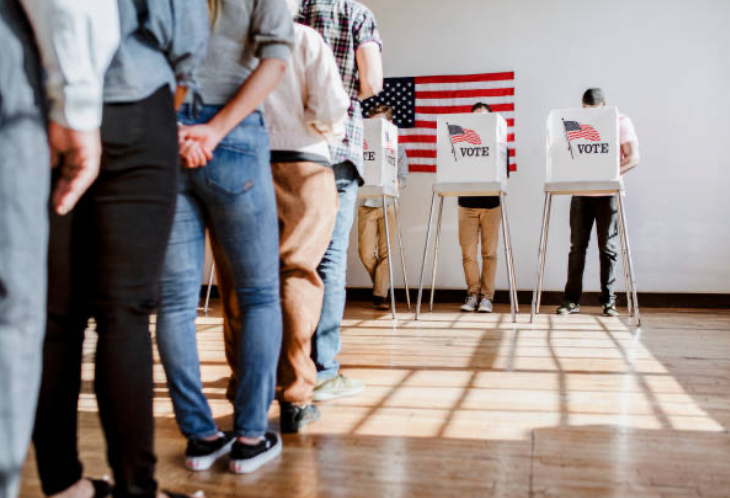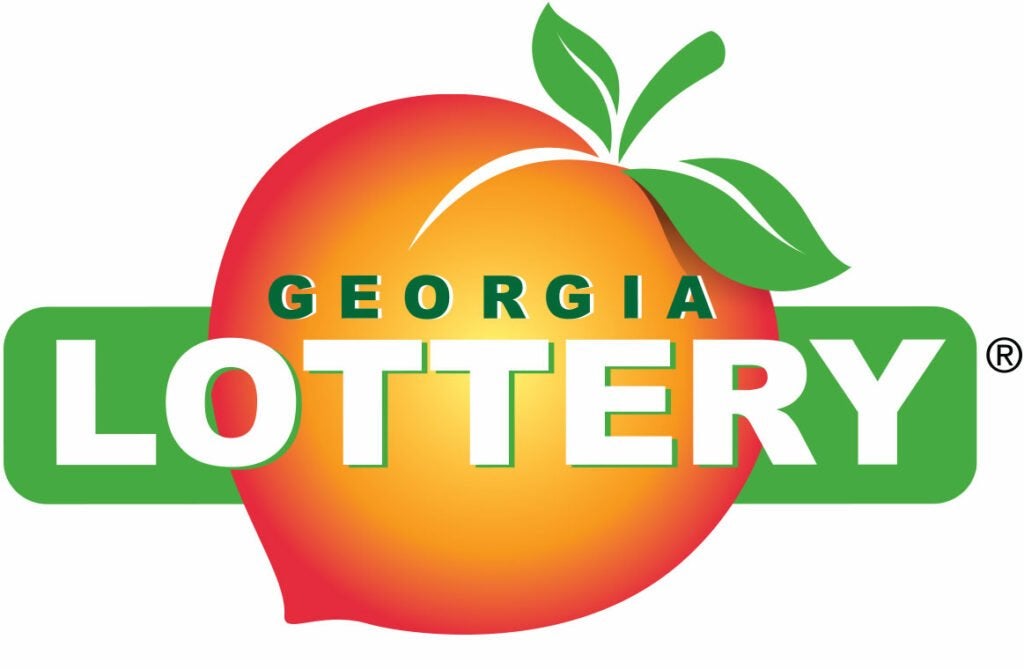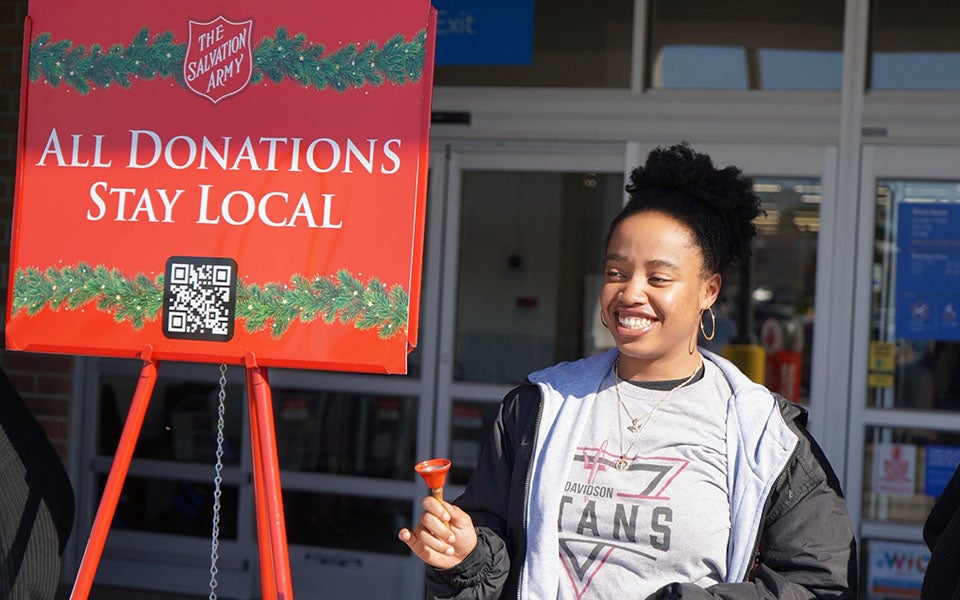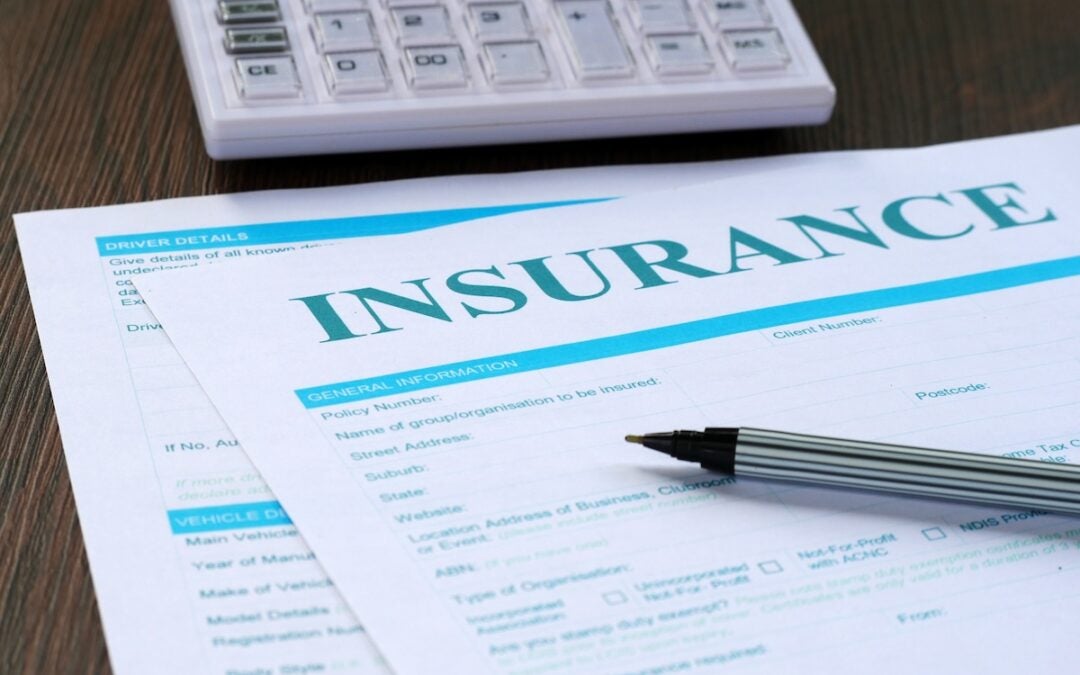by Ty Tagami | Capitol Beat News Service
ATLANTA — State lawmakers wrapped up another marathon hearing on Georgia’s election procedures Thursday, ahead of possible legislative changes next year.
The House election procedures committee took four hours to hear presentations in Americus from nearly a dozen advocates, experts and officials and to listen to brief comments from more than two dozen members of the public.
The themes were like commentary at prior hearings, where people with suspicions about election integrity urged the state to move to hand-marked and hand-counted ballots while others urged lawmakers to avoid making changes to accommodate what they saw as unfounded conspiracy theories.
The hearing featured a clash between the only Democrat on the House panel and Janice Johnston, an appointee on the State Election Board (SEB) who has expressed concerns about the accuracy of election results.
Rep. Saira Draper, D-Atlanta, confronted Johnston for what she saw as inconsistent SEB rulings on election complaints.
Draper noted that board in 2023 had dismissed complaints that Herschel Walker had bought votes when his campaign for U.S. Senate handed out $25 gas cards to potential voters yet had decided recently that Lyft had violated the law by offering discounted rides to voters during elections.
When Draper asked Johnston a hypothetical question — whether she would allow Geoff Duncan, a Democrat running for governor, to hand out gas cards to potential voters — Johnston did not answer. Instead, she said she did not know who he is.
Duncan is Georgia’s former lieutenant governor, a Republican who recently switched parties.
Other presenters asked for more state money to fund local election operations, for more accommodations for voters with disabilities, for multilingual ballots, for full separation of the SEB from the Secretary of State’s office, for more restrictions on absentee voting and for easier ballot access for third parties.
Brian Allen, vice chair of the Libertarian Party of Georgia, said the state requires would-be candidates to obtain signatures from 5% of registered voters to get on the ballot for non-statewide races and 1% for statewide races.
“So, unless something changes, it’s only going to be Democrats and Republicans,” Allen said.










